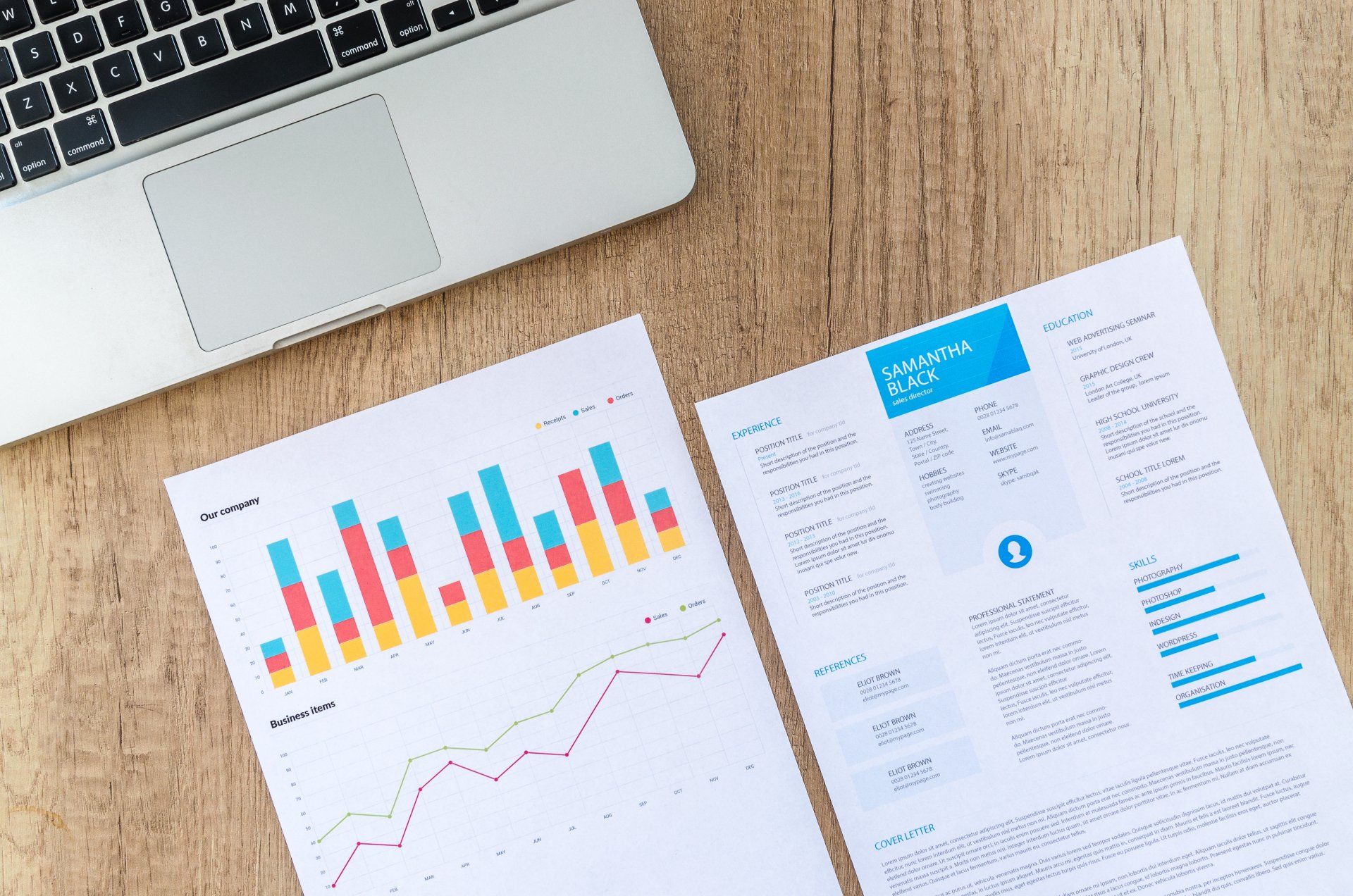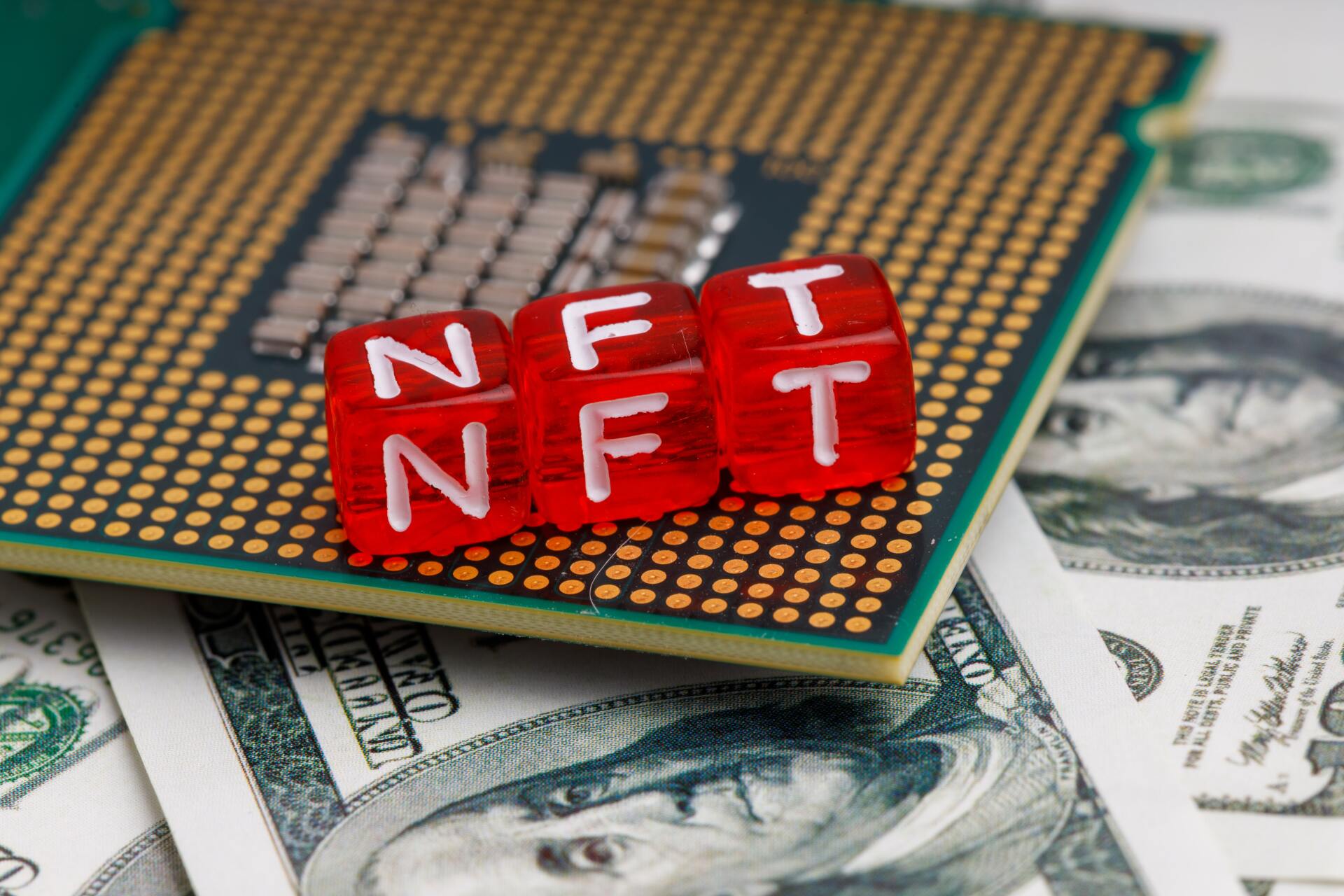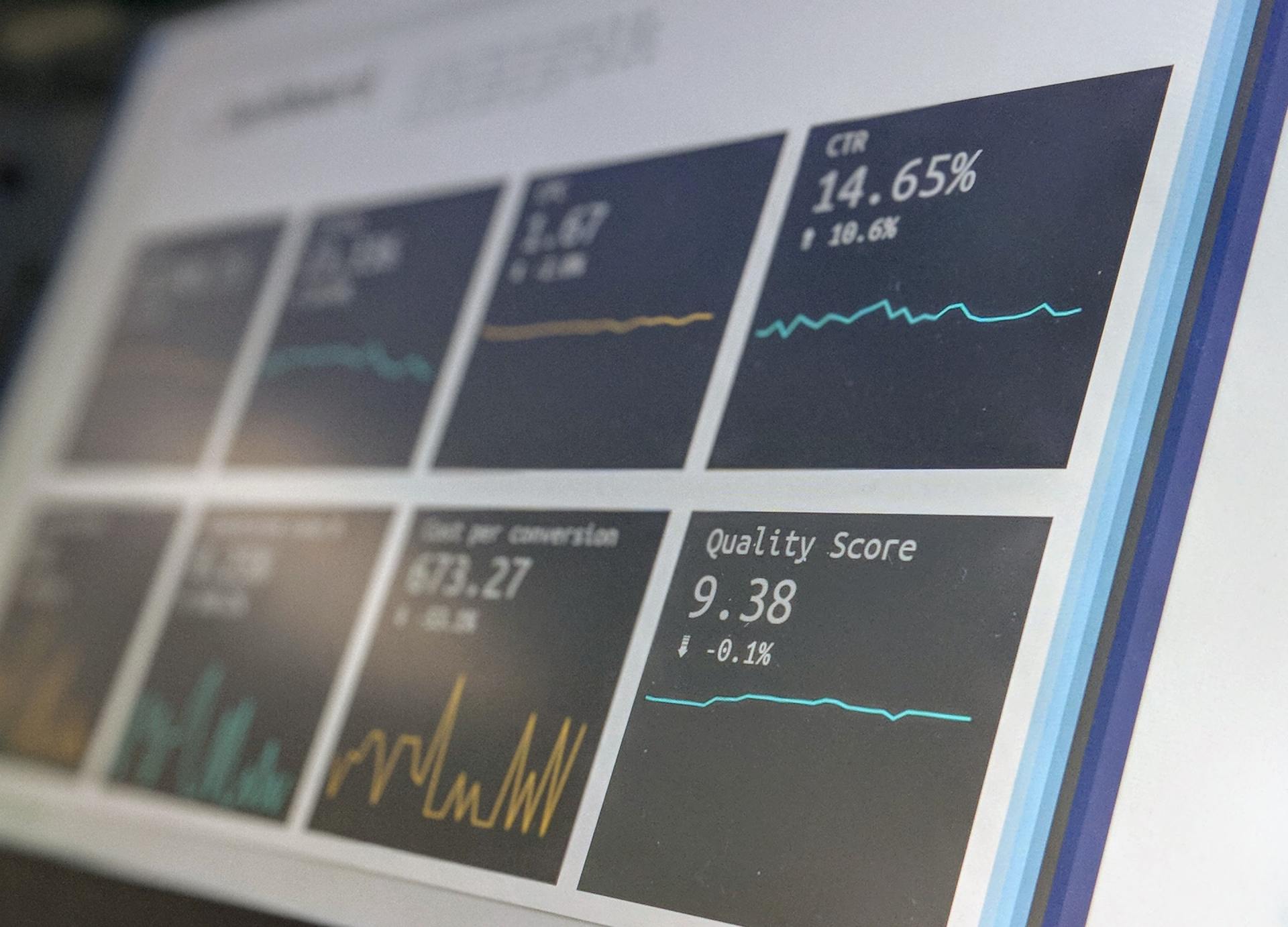Power of Goal Setting
December 2, 2020
Why should you set goals?

People who vividly describe or picture their goals are 120% - 140% as likely to successfully accomplish their aims as someone who does not.
One way to get that vivid description in your head is to write down your goals and plans to achieve them. According to Forbes' Mark Murphy, this works for two reasons: external storage and encoding.
External storage refers to the fact that you will continue to see the goal if it is written in a commonly seen place. The more you see it, the more you remember it, and the more you consequently work towards it.
Encoding refers to how the brain works. When it receives information, that information gets sent to the hippocampus to be analyzed. Whether it gets kept as a long-term memory or tossed out depends on that analysis. When information being sent to the hippocampus has been written down,
it is far more likely to be kept in long-term memory. That means you'll be more likely to remember your goals and plans and more likely to follow through with them if they have been written down. So, if you really want to achieve a goal, writing it down is a great first step! And don't forget to put those written goals in a place where you will see them!
#finance #financial #finances #money #success #goals #goal #financialplanning

StockMotion is an app that teaches financial literacy and is available for free on both the App and Play Stores. In this article, we highlight the investing basics curriculum that walks players through the fundamental concepts of investing and serves as a great starting point for your investing journey!

Depending on your age, retirement may seem a long way off in the distance, but failing to have a specific goal and plans to reach it will likely cause your retirement to be stressful or delayed altogether. In this post, we'll take a look at what a retirement plan is and how you can get started on your own plan!

We know that talking about investing and the stock market can sometime sound like an alien language. The term, P/E ratio, is not any different sounding like jargon but it's actually a simple concept once we break it down. First off, let's talk about the P/E, it stands for Price-to-Earnings. More specifically, price refers to the stock price of the share and earning refers to, well, the total earnings of the company divided by the outstanding shares. Note: outstanding shares means the total number of shares issued by the company which include shares kept within the companies and owed by the shareholders, us. So for example, the company Good Food store has a stock price of $1. Over the past month, Good Food store earned $100 and it has 200 outstanding shares. So P or Price which is just stock price = $1. So for E or Earning, we take the $100 earned and divide it by the 200 shares, equalling .5. To finish calculating the ratio we have to divide P/E or $1/.5 which turns out to be 2. So we are left with a P/E ratio of 2. Now what? Well, it depends.

401(k). It’s one of the most common ways to save for retirement, but how do you know which kind to invest in? This is a frequently asked question, especially among young people just starting out their careers in companies that offer retirement benefits. To start off, let’s talk about what a 401(k) actually is. Luckily, 401(k) is not referring to a long-distance race (I think far fewer people would be interested in it if it were). It’s just a retirement savings/investment tool that was named after a section of the U.S. Internal Revenue Code. Typically, if you invest in a 401(k) through your employer, your money will be managed by an advisor, often from some sort of investment management company like Fidelity. That’s not to say that you don’t have any say in how your money is invested--you certainly have input over your own money. Many companies allow employees to contribute part of their paycheck to a 401(k). Some companies even offer to match their employees’ contributions, up to a certain percentage. As of 2021, the max amount that can be contributed to a 401(k) in a given year is $19,500 for employees under 50-years-old and $26,000 for employees who are 50 years of age or older. That extra $6,500 for employees over 50 is called a catch-up contribution. It allows said employees to more easily meet their retirement goals as they draw closer to it. So, when that percentage of your paycheck gets taken out, where exactly is it going? The money that is invested in a 401(k) will generally include an array of stock and bond mutual funds, as well as target-date funds. The specific makeup will depend on a few factors, one of the most important ones being how close you are to retirement (the closer you are, the lower the risk because you won’t be playing the long game in the stock market anymore). With all of this information about 401(k)’s, how do I know which kind to invest in? That decision is going to depend on personal preferences, but what you need to know about the differences between a Roth and a Traditional 401(k) comes down to how they are taxed. Contributions to a Roth 401(k) are taken from after-tax dollars. That means you are investing money from your paycheck that has already been taxed and don’t have to worry about paying taxes on it (or its growth) when you withdraw money from it in retirement. One thing to note is that your employer match portion in a Roth 401(k) will be subject to taxes when withdrawn. Contributions to a Traditional 401(k) are taken from your paycheck’s pre-tax dollars. That means that your taxes will be lower now, but you will pay taxes on everything you withdraw in retirement. When they are withdrawn, they will be taxed at an ordinary income tax rate, with most state income taxes applying as well. So, which type of 401(k) to invest in comes down to you. Do you think income taxes will be higher today or during retirement? Do you think you will be making more money now or later? Now that you have an understanding of the differences between the two, these are just some questions to consider when deciding on a Roth vs Traditional 401(k). Citations: Dave Ramsey, “401(k) vs. Roth 401(k): Which One Is Better?,” Ramsey Solutions (blog), June 17, 2021, accessed 8/3/2021, https://www.ramseysolutions.com/retirement/traditional-401k-vs-roth-401k . Jason Fernando, “401(k) Plans: The Complete Guide,” Investopedia, March 11, 2021, accessed 8/3/2021, https://www.investopedia.com/terms/1/401kplan.asp . Kristin McKenna, “Should I Pay Someone to Manage My 401(k)?,” Forbes, February 22, 2021, accessed 8/3/2021, https://www.forbes.com/sites/kristinmckenna/2021/02/22/should-i-pay-someone-to-manage-my- 401k/?sh=b6dd3eed0673 .







